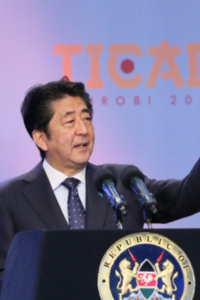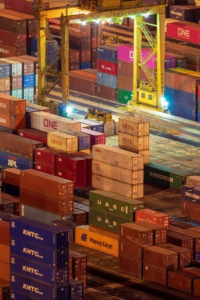
Hosoya Yuichi, Professor, Keio University If Yoshida Shigeru (1878–1967) laid the foundation for Japanese diplomacy after World War II, it was the former Prime Minister Abe Shinzo who updated it to a post-Cold War Japanese foreign policy. The politician who made the post-Cold War Exactly 60 years ago, in September 1962, political scientist and Kyoto University assistant professor Kosaka Masataka (1934–1996), returned from his studies at Harvard University, and was staying at the International House of Japan (IHJ) in Tokyo. IHJ research director Royama Michio (1928–2009) contacted Kasuya Kazuki (1930–2014), editor-in-chief of Chuokoron, and recommended that he meet with the young political scientist. Immediately, Kasuya got in contact with Kosaka, who was around the same age, and arranged for a meeting. After meeting and hitting it off with Kosaka, Kasuya asked him to write a manuscript, which became the opening article in ... ... [Read more]

